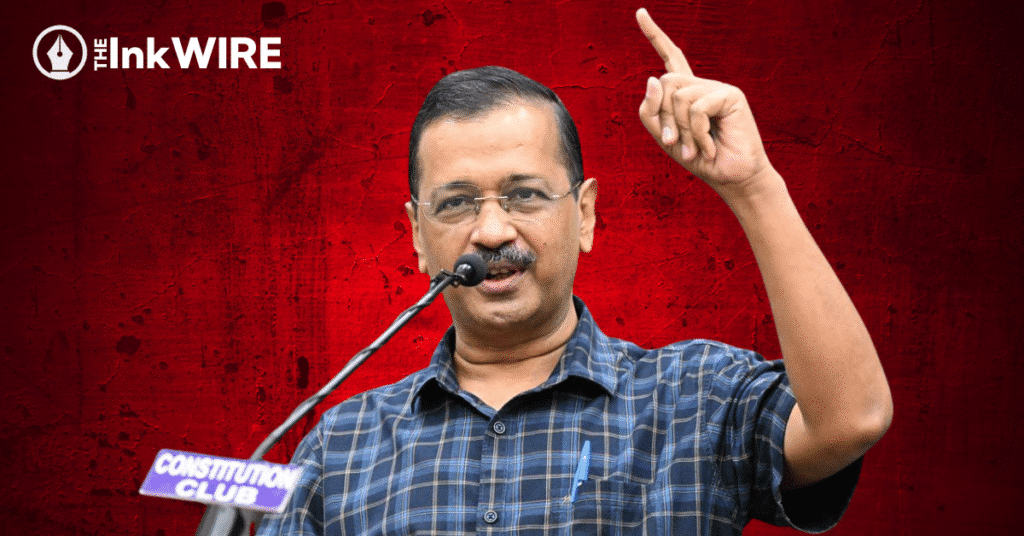AAP convener Arvind Kejriwal has urged Prime Minister Narendra Modi to impose a 75% tariff on American goods. He made this demand today at a party rally in Delhi. Moreover, he argued that such a step would counter recent US duties on Indian exports. Furthermore, he insisted only bold action can defend domestic industries and farmers.

Demand for Economic Reciprocity
India and the US have sparred over trade policy for months. In June, Washington raised duties on Indian steel, textiles, and agricultural items. Consequently, exporters faced heavy losses. Now, Kejriwal says New Delhi must respond in kind. “If America can impose 50%, we must retaliate with 75%,” he stated. Therefore, he believes higher duties would protect manufacturers, create jobs, and force US negotiators back to the table.
Political and Economic Stakes
However, trade experts warn of a damaging clash. A sudden 75% levy on electronics and machinery might raise prices for Indian consumers. In addition, supply chains could face major disruption. Meanwhile, the US might target technology and outsourcing services, which are vital to India’s export revenue. Yet, Kejriwal described his call as a strategic bluff. He said resolve alone could secure better terms without actually slamming the door.
Industry and Farmer Reactions
Several industry bodies responded cautiously. FICCI urged the government to focus on dialogue and targeted relief measures. On the other hand, some farmer unions applauded the proposal. They pointed out that American dairy and horticultural exports had flooded local markets under preferential tariffs. Consequently, they support any measure that levels the playing field.
Government’s Balancing Act
The Modi administration now faces a tough choice. It must defend national interests without triggering a full-blown trade war. According to insiders, New Delhi plans a multi-pronged strategy. First, it will file WTO challenges. Second, it will offer targeted subsidies to exporters. Finally, it may consider limited retaliatory tariffs if talks stall. “We will act decisively, but thoughtfully,” one official said.
Implications for Bilateral Talks
With bilateral talks in Washington approaching, Kejriwal’s challenge adds pressure on Modi. If the prime minister opts for symbolic retaliation, it could reshape negotiations. Conversely, sticking to diplomatic channels may preserve long-term partnerships. Either way, India’s next move will define the future of one of the world’s key trade relationships.
As India marks its upcoming bilateral talks in Washington, Kejriwal’s challenge adds political pressure. Whether Modi opts for symbolic retaliation or sticks to diplomatic channels could define the next phase of one of the world’s most important trade relationships.





